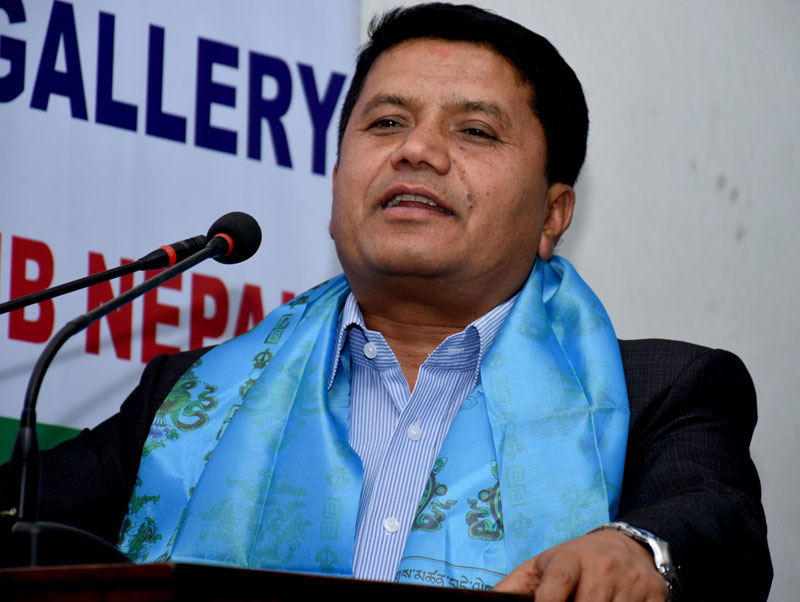Peruvians vote in referendum on fighting corruption

Agency
December 09, 2018

LIMA, Peru–Peruvians vote Sunday in a referendum aimed at curbing corruption as the South American nation tries to put an end to a scourge that has landed lawmakers, judges and even former presidents behind bars.
The four questions on the ballot include measures that would prohibit legislators from immediate reelection, create stricter campaign finance rules and reform a scandal-tainted council charged with selecting judges.
All but one of the proposed measures is expected to pass in a nation where trust in elected officials is abysmally low. Yet analysts caution that the referendum isn't an end-all fix to reverse decades of deeply entrenched political misconduct.
"What this referendum is potentially giving the government and maybe even the political system is a little breathing room," said Steve Levitsky, a Harvard University political scientist. "A little burst of confidence and public trust that it can potentially use to get up and running."
In recent years Peru has been jolted by the Odebrecht corruption scandal toppling the careers of some of Latin America's highest-ranking politicians. The Brazilian construction company has admitted to paying $800 million to officials throughout the region in exchange for lucrative public works contracts.
In Peru, the scandal has tainted the careers of nearly every former living president, with four ex-heads of state under probe for ties to Odebrecht.
President Pedro Pablo Kuczynski resigned in March after opposition lawmakers revealed previously undisclosed ties between Odebrecht and his private consulting firm. Prosecutors are also investigating former leader Alan Garcia after revelations that bribes were made during the construction of Lima's metro under his tenure. Ollanta Humala, who was briefly jailed, and Alejandro Toledo are also being probed for allegedly receiving illegal payments.
Meanwhile former first daughter Keiko Fujimori, the nation's top opposition leader and a two-time presidential candidate, is behind bars as she is investigated for allegedly laundering Odebrecht money for her 2011 campaign.
Those probes along with a series of leaked wiretaps showing judges and lawyers making backroom deals on matters as grave as the sentence for a man accused of raping a young girl have unleashed the fury of a Peruvian public fed up with corruption.
A recent survey by Latinobarometro, a respected regional polling firm, found that just 8 percent of Peruvian's trust the legislature, the lowest in the region.
"The entire system is rotten," said Gerardo Polo, 40, who works at an import company and was eager to cast his ballot on Sunday. While he conceded that the measures won't guarantee future abuses he said, "It is a scream of rage."
President Martin Vizcarra has succeeded in channeling public outrage since taking on the nation's most powerful job after Kuczynski's resignation and the referendum is considered a critical step in his bid to consolidate power. He is pushing the vote as an essential decree to "end the plague of corruption."
Three of the four measures are expected to pass resoundingly, with only one, which Vizcarra himself is no longer backing, unlikely to succeed.
The first question would allow the public to choose members of a judicial council charged with selecting judges, a measure some believe could improve accountability. The second item would make it illegal for political parties to receive money from unknown contributors or anyone with a criminal background. The third would prohibit immediate reelection, a move unlikely to illicit major changes since relatively few lawmakers serve back-to-back terms.
A final question asks voters if they favor creating a bicameral congress instead of the current one-body legislature dominated by Keiko Fujimori's party, but changes by opposition lawmakers weakening Vizcarra's executive authority have cast it into doubt. Observers like attorney Jose Ugaz, who led a probe into former strongman Alberto Fujimori's corrupt spy chief over a decade ago, said the true test will come after the referendum, when Vizcarra will need to work to ensure the changes are fully implemented while pursuing deeper reforms over the long term. "Peru's problems won't be solved just with a referendum," he said.
---


Leave Comment